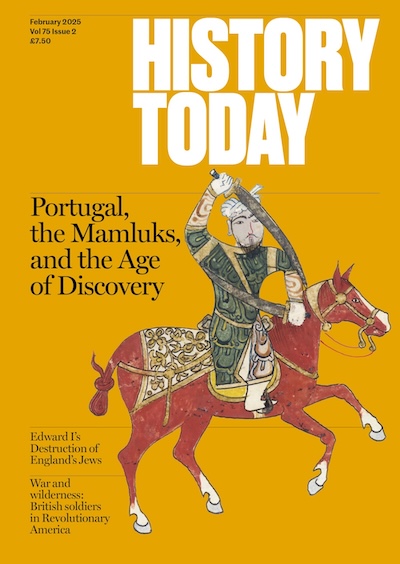Picking up the Pieces
Jonathan Downs looks at a collection of Egyptian pottery sherds discovered at the National Trust’s mansion, Kingston Lacy, in Dorset.
In 1982, when the National Trust acquired Kingston Lacy, the Dorset home of Egyptologist William John Bankes (1786-1855), there was an untold amount of material to collate and catalogue – in particular, a collection of Egyptian relics gathered in the early 1800s. A group of these artefacts lay hidden until last year when an unmarked crate was discovered during works to the cellars: inside were 212 Egyptian ostraka, apparently collected by Bankes from the upper reaches of the Nile.
Ostraka is an ancient Greek term originally for broken pottery sherds inscribed with a person’s name, once used as voting ballots to exile unpopular members of the community – who would thus be ‘ostracized’. The term is now used for any inscribed pottery fragments. Readily available as waste rubble, Egyptian ostraka were frequently used to write notes, letters, receipts, rough drafts and calculations, from the first known use of writing in the 3rd millennium BC until the nineteenth century AD.





